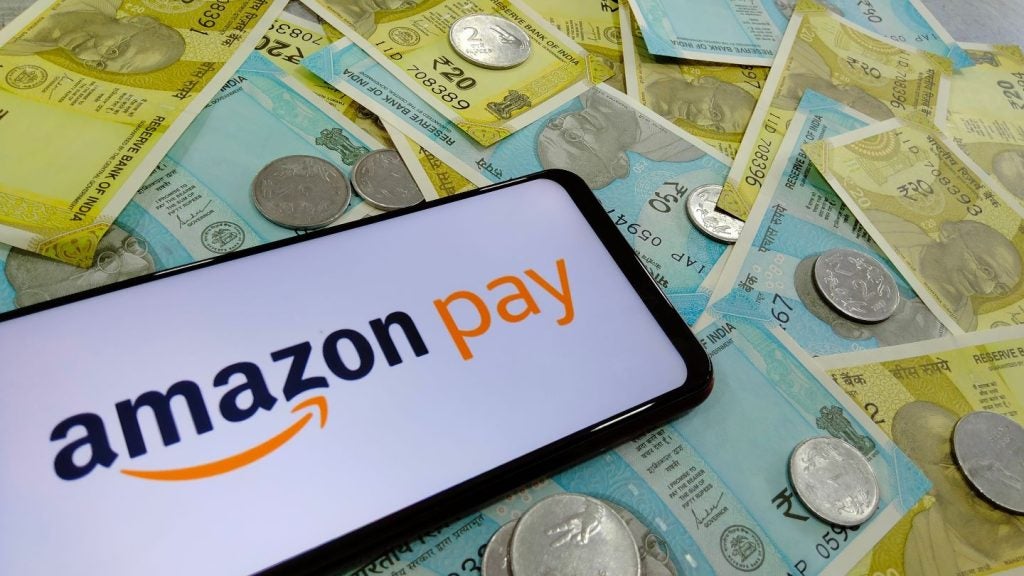Europe-based eMerchantPay is to expand its
payment processing solutions services in the Middle East and North
Africa (MENA) region through a strategic partnership with a
local company.
The strategic partnership between eMerchantPay
and MENA-based online payment gateway cashU includes alternative
payment methods in regions where cards penetration is low.
eMerchantPay is also considering adding new
services to its portfolio.
Bartek van de Pavert, vice president of
international sales at eMerchantPay said that the partnership with
cashU would “help eMerchantPay reach a wider audience with
solutions that meet their specific requirements”.
In August, Electronic Payments
International’s sister publication Cards
International published an article on mobile payment
patterns.
The
article found that money transfers and prepaid top-ups will
drive transaction volumes in developing markets, as they are
considered to be the killer apps in developing markets, where
people value the convenience of sending money to relatives and
topping up mobile accounts.

US Tariffs are shifting - will you react or anticipate?
Don’t let policy changes catch you off guard. Stay proactive with real-time data and expert analysis.
By GlobalDataThis is most obvious in Eastern Europe, the
Middle East and Africa, where these two services will account for
54% and 32% of all transactions in 2011.






